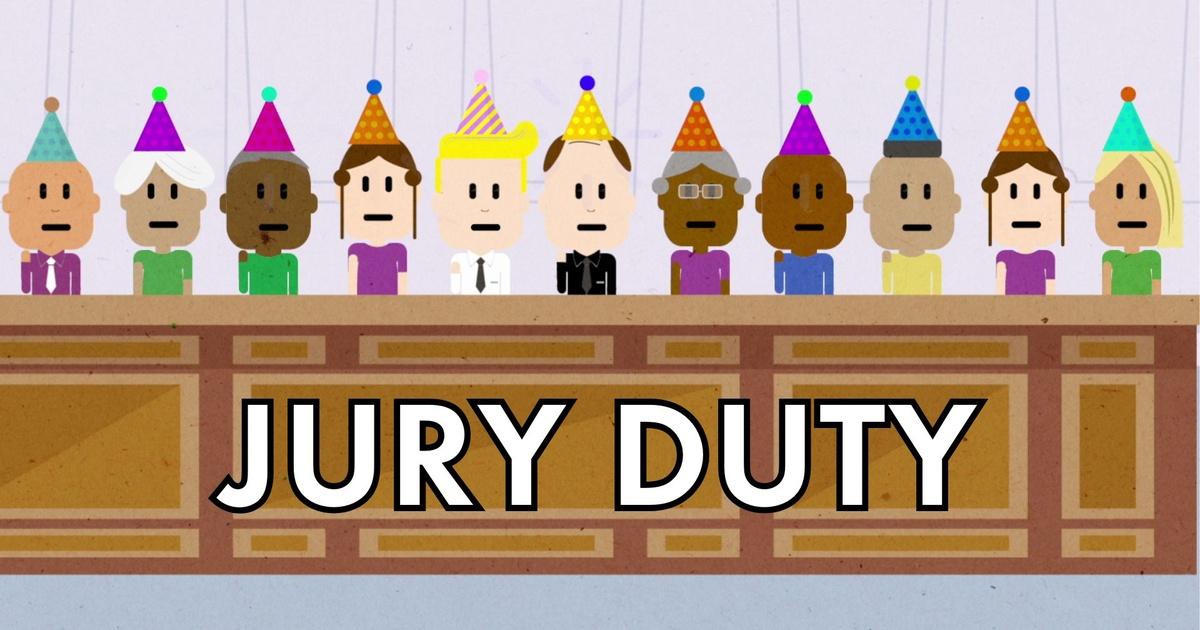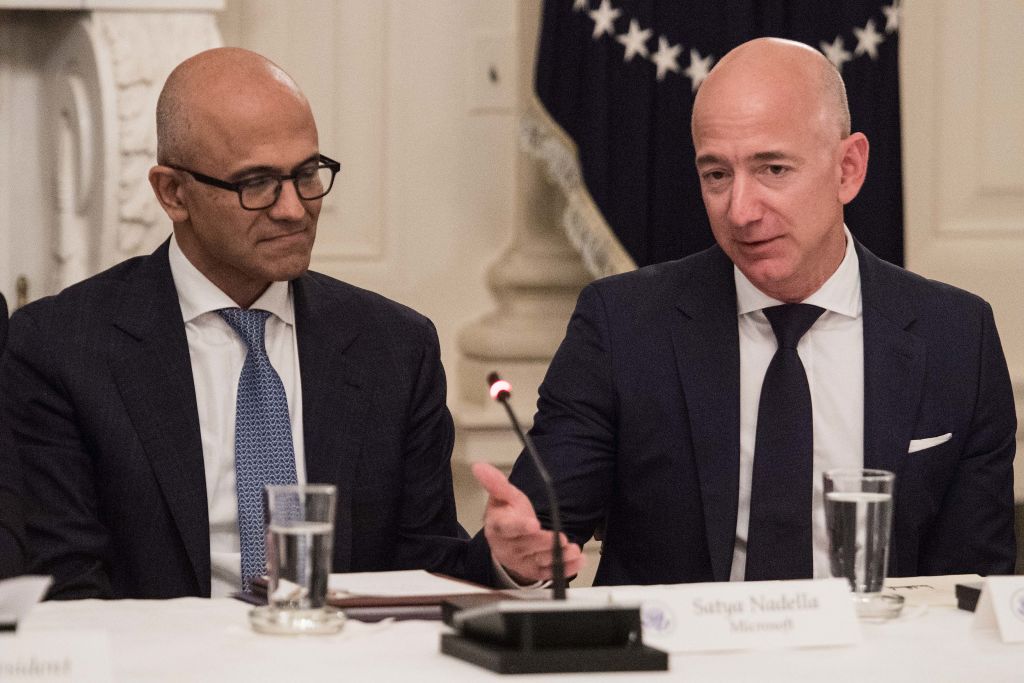
- Select a language for the TTS:
- UK English Female
- UK English Male
- US English Female
- US English Male
- Australian Female
- Australian Male
- Language selected: (auto detect) - EN
Play all audios:
Immigration and Customs Enforcement officers debrief after operations to arrest undocumented immigrants in New York in April. John Moore/AP Get your news from a source that’s not owned and
controlled by oligarchs. Sign up for the free _Mother Jones Daily_. On January 30, Lucimar de Souza, an undocumented immigrant from Brazil, went into a US Citizenship and Immigration
Services office to prove her marriage to an American citizen was legitimate. It was a standard part of the process for undocumented immigrants married to US legal residents to obtain green
cards, one they had long been able to take without fear of detention or deportation. But as she exited her interview, Immigration and Customs Enforcement officers detained her, causing her
to be separated from her 10-year-old son. She spent the next three months in jail. De Souza was not the only immigrant to be arrested while verifying her marriage with USCIS, nor was the
arrest an accident. Internal government emails and depositions of ICE officials unsealed this week show the two agencies worked together in New England to effectively ambush undocumented
immigrants like de Souza who had clear paths to obtaining green cards. The arrests were deliberately spread out over time to prevent the media from finding out about them, the documents
show. The new materials also reveal a startling lack of awareness among some ICE officials of a process that was supposed to allow undocumented immigrants married to legal residents to
obtain legal status without being deported. The documents were released as part of a lawsuit brought by the American Civil Liberties Union of Massachusetts that seeks to block the Trump
administration from detaining and deporting people in New England who may be able to obtain green cards through spouses who are US citizens. The ACLU stated in a court filing that the
unsealed documents show “the stunning extent” to which a program designed to keep together the families of immigrants with deportation orders was turned into “a trap calculated to cause that
separation.” The ACLU will be in a federal court in Boston on Monday to try to convince Judge Mark Wolf that people on the path to legal residency deserve protection—over the objections of
the Trump administration. It is unclear how many immigrants were arrested at USCIS interviews in New England. Adriana Lafaille, an ACLU attorney working on the case, says she is aware of 17
cases between January and mid-February, when Thomas Brophy, ICE’s acting Boston director at the time, told his officers to stop arresting people at USCIS offices. Lafaille said about four
people have been deported because of the arrests. Rebecca Adducci took over as interim director in June and said in her deposition on July 26 that Brophy was wrong to stop ICE officers from
arresting immigrants at USCIS offices. But she said was not aware of any arrests at USCIS offices since taking over ICE’s Boston field office, which covers all of New England. John Mohan, an
ICE spokesman in New England, declined to answer specific questions due to the pending litigation. He provided a statement that calls allegations of “inappropriate coordination” with USCIS
“unfounded.” It also states, “This routine coordination within the Department of Homeland Security…is lawful and legitimate in the work we do to uphold our nation’s immigration laws.” (In
January, according to one of the depositions released this week, Mohan advised against saying that ICE received a referral from USCIS, writing in an email that “media likely already know how
it came about and will spin it in a twisted way anyway, so defending it is a moot point.”) USCIS spokesman Michael Bars also said in a statement that he could not comment on the pending
litigation. After receiving referrals from USCIS, he said, law enforcement agencies have the “discretion to decide whether they intend to apprehend the individual or not. USCIS is committed
to adjudicating all petitions, applications and requests fairly, efficiently, and effectively.” The interagency coordination dates back to at least October, when Mirella Tiberi, a
Massachusetts section chief with USCIS, sent Andrew Graham, a deportation officer in ICE’s Boston field office, a list of undocumented immigrants with deportation orders who had submitted
applications to verify their relationships to Americans with legal status. Tiberi wrote that her boss wanted to know whether ICE was interested in coordinating the interviews “so they are
not all scheduled at once.” Graham responded: > As far as scheduling goes, I would prefer not to do them all at one > time as it is only a strain on our ability to transport and
process > several arrests at once, but it also has the potential to be a > trigger for negative media interest, as we have seen in the past. If > you have the ability to schedule
one or two at a time and spread > them apart, that would work best for us. In December, an ICE supervisor received an email stating that someone “of interest” was coming in to USCIS that
morning. (The sender’s email was redacted in the released documents.) “Thanks for the reminder,” the ICE official said in a response addressed to Tiberi. “We are hoping to have two officers
at your office but are getting a late start. Would it be possible to delay the interview by about fifteen minutes?” ICE’s efforts to hide the arrests from public view worked until around
late January. On January 30, ICE officials considered a media inquiry about Fabiano de Oliveira, a Brazilian man whose arrest at a USCIS office _Mother Jones _reported on in April. Graham
sent Todd Lyons, one of ICE’s deputies in the Boston office, de Oliveira’s case file. Among other things, it stated that de Oliveira had one US citizen child and no criminal record and was
arrested at a USCIS office after establishing a bona fide relationship with an American. Lyons responded that de Oliveira’s “attorney should have never advised him” to go to USCIS. “He has
no path unless he leaves the country,” Lyons concluded. Graham agreed. He wrote that it made sense to remove people with deportation orders since their cases were at “the end of the line.”
He added, “They are typically the easiest to remove, they have the shortest average length of stay, and at the end of the day we are in the removal business.” In reality, it was ICE
officials like Graham and Lyons, not attorneys advising their clients to attend USCIS interviews, who appeared to be confused about immigration policy. Prior to 2016, US law generally
required people with deportation orders to leave the country and apply for a waiver from abroad that allows them to obtain legal status in the United States. The process can take months, and
there are no guarantees that someone will receive a waiver, so many people are reluctant to pursue them. USCIS addressed that issue in 2013 by creating a “provisional waiver” program that
allows people to start the process from within the United States. In 2016, it expanded the program to include people with deportation orders. The policy is still in effect. USCIS’s website
states it was “developed to shorten the time that U.S. citizens and lawful permanent resident family members are separated from their relatives.” Detaining people at USCIS interviews, the
first step in obtaining the waiver, would render the 2016 regulation meaningless. As the ACLU argued in an April court filing, “In effect, the government’s one hand beckons [people] forward,
and its other hand grabs them.” In July, seven weeks after taking over ICE’s Boston office, Adducci did not know about that policy change. During her deposition, Adducci defended the
decision to detain Lilian Calderon, an undocumented immigrant from Guatemala who was married to a US citizen and had two young children. “I don’t think it’s fair that she takes cuts in front
of somebody who is waiting outside to do it legally,” she said. “Did you know that the regulations in 2016 specifically made non-citizens with final orders of removal who are married to US
citizens eligible for the provisional waiver process?” a cross-examiner asked. “No,” Adducci replied. Lyons, who is set to replace Adducci after Friday as acting director, was familiar with
the waiver program during his July deposition, but he agreed with Adducci that everyone with a removal order is subject to possible deportation. Lyons and Brophy had told Judge Wolf in May
that arresting people at USCIS offices was a poor use of resources. Their testimonies pitted them against Christopher Cronen, the Boston field office director who initiated the arrests
before being promoted in January to oversee all of ICE’s field offices in the eastern United States. On May 22, Brophy testified that he had told his staff to stop arresting people at USCIS
offices because they didn’t pose a threat to public safety or national security. He was more concerned by what he called Massachusetts’ narcotics “epidemic” than people trying to get green
cards. At the time, Lyons was set to take Brophy’s spot the following week, and he said in court the next day that he would continue the policy of not arresting people at USCIS offices.
ICE’s resources were, in his view, “extremely” limited, and prioritization was important. Wolf, who was weighing whether a court order was needed to protect people trying to obtain legal
status, wanted to know how long Lyons could serve as ICE’s acting director in Boston. “Legally, sir, it’s eight months,” Lyons replied, “unless they decide to promote me.” One week after the
hearing, David Jennings, Cronen’s boss, asked Adducci if she would temporarily leave her role as the head of ICE’s Detroit office to run things in Boston for two months. By early June,
Lyons was back to being deputy after only four days at the top. Later that month, Justice Department lawyers said in a court filing that Adducci would not abide by any previous statements
from Boston ICE leaders that contradict a January 2017 executive order from President Donald Trump that blocks ICE from exempting “classes or categories of removable aliens.” She said in her
deposition that Brophy contradicted the order by deciding not to detain people at USCIS interviews if they didn’t pose a safety risk. Adducci said she doesn’t “anticipate” deportations of
people arrested at USCIS offices, but she wouldn’t prohibit it either. She also hasn’t told her officers to consider whether people were arrested at a USCIS office when deciding whether to
remove them from the United States. (The ACLU’s lawsuit would protect undocumented immigrants who may be eligible for waivers through their spouses from being arrested anywhere, not just at
USCIS offices.) The number of people arrested at USCIS offices in New England is a tiny fraction of the 143,470 people arrested by ICE in the last fiscal year. But the arrests send an
outsize message to undocumented immigrants that they’re not safe from deportation even in spaces where the government is encouraging them to show up. Lafaille believes the arrests make no
sense. “All they want is to just live at peace with their families, to continue contributing to their communities,” she says. “Why would we ever spend a penny to make that more difficult?”
At Adducci’s deposition, a cross-examiner brought up the case of de Souza, the Brazilian woman who was arrested at a USCIS office on January 30. “Did you know that she was separated from her
son for over three months while she was detained?” Adducci was asked. She seemed unsure how to answer. “I mean, I would—” she began. “Hopefully she got to see him.”








